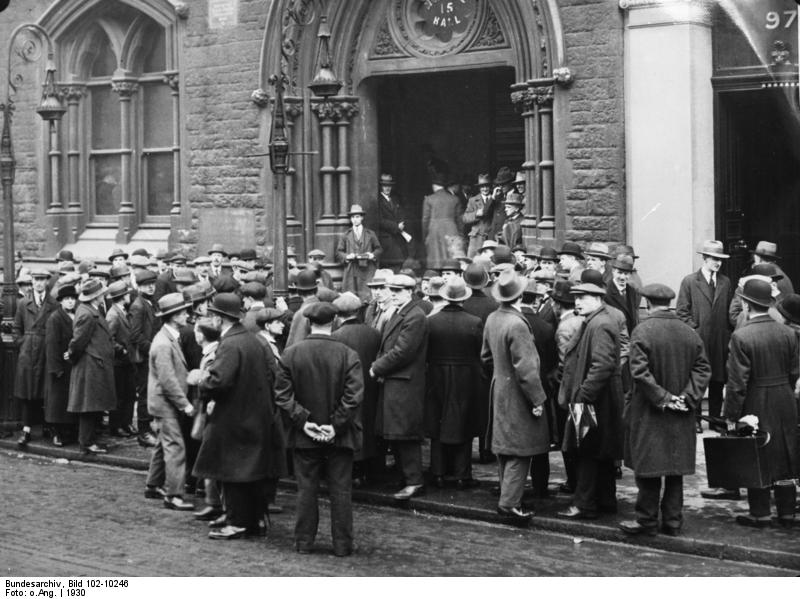Economic History

Learning Outcomes
The aim of the course is to introduce students to the concepts of Economic History. After successful completion of the course, students are expected to:
- Have the ability to evaluate and compare the various theoretical and empirical approaches to economic and social history
- Understand and explain key processes of macroeconomic development: the transition from feudalism to capitalism and its various forms, the various phases of the industrial revolution, the occurrence of economic crises.
- Be able to develop synthetic and analytical skills to analyze and compare patterns of development in the North, South and East and to distinguish forms and phases of globalization.
Course Contents
Introduction: Basic concepts, the content of Economic History. The middle ages. The transition from the middle ages to the commercial expansion of the 16th & 17th centuries. The discovery of the new lands & routes and their consequences. The rise of the capitalist system. The economic conditions during the 18th century. Technological progress & the industrial revolution. The revolution in transportation. Developments in the agricultural sector. Industrial production & the 2nd industrial revolution. Wars & economic crises. Post-war economic developments. The modern capitalism. Major economic crises. Europe’s integration process. Problems & prospects.
Teaching Activities
Lectures (3 hours per week)
Teaching Organization
|
Activity |
Semester workload |
| Lectures |
(13X3) 39 hours |
| Reading |
111 hours |
| Total number of hours for the Course (25 hours of work-load per ECTS credit) |
150 hours (total student work-load) |
Assessment
End of semester final written exam.
Use of ICT
Use of IT in teaching, and in communication with the students (e-class).


